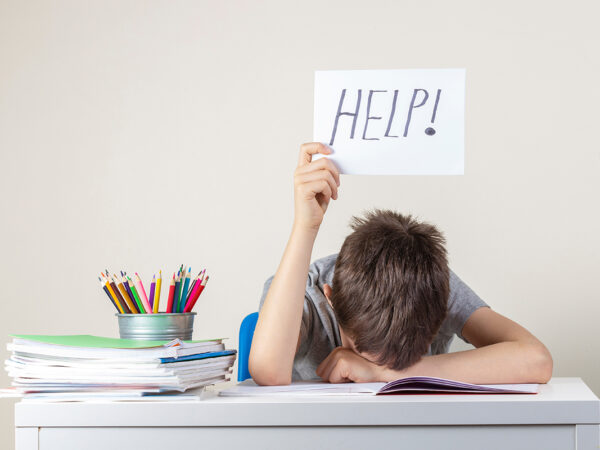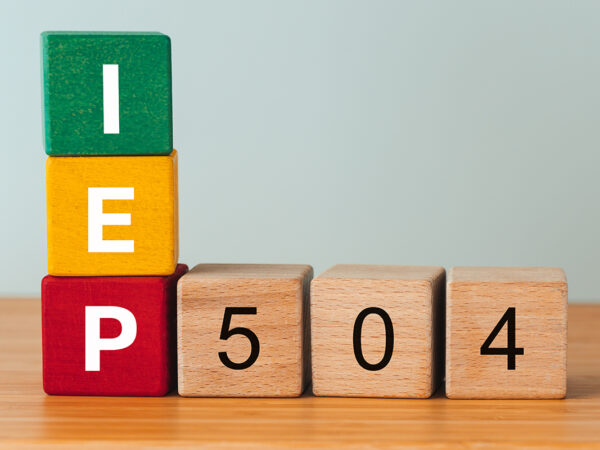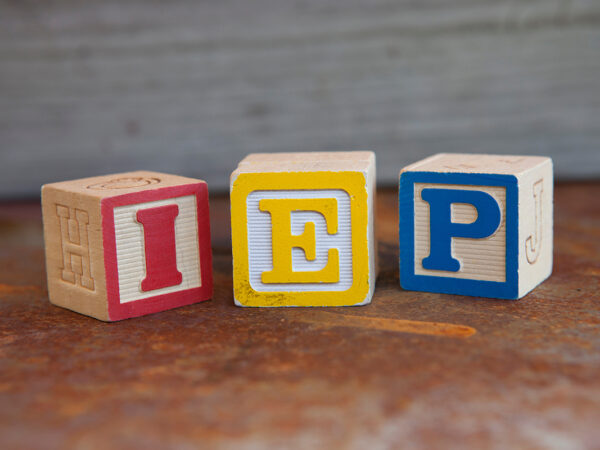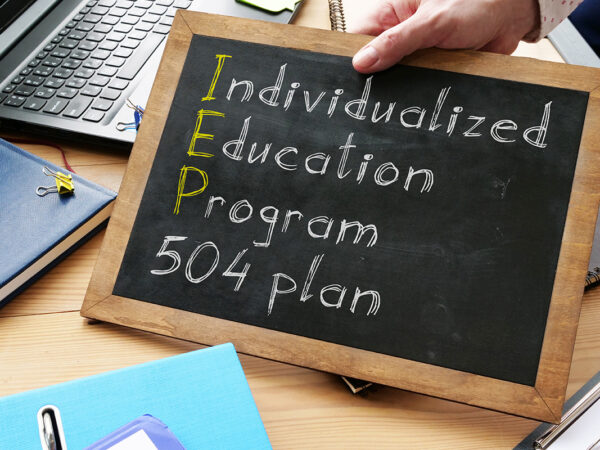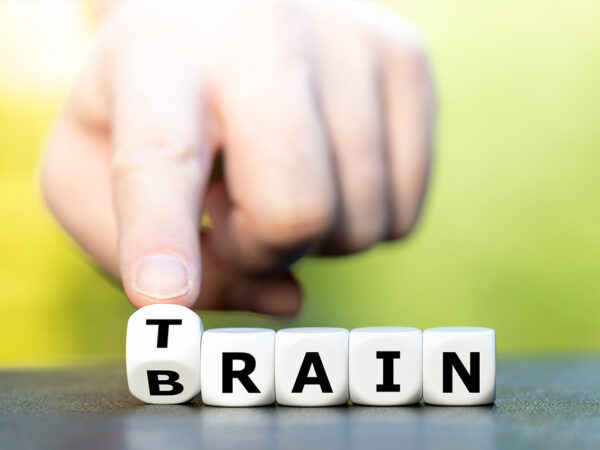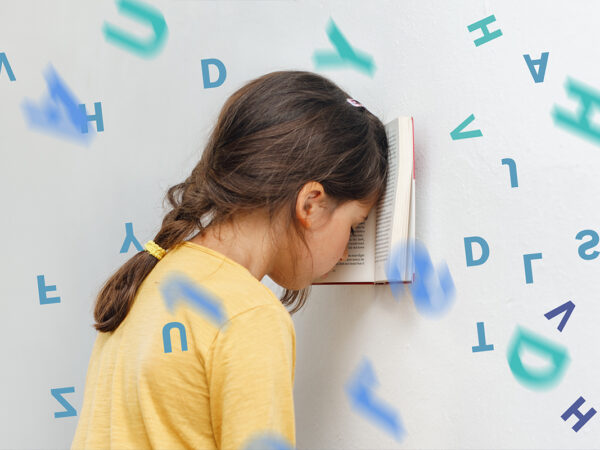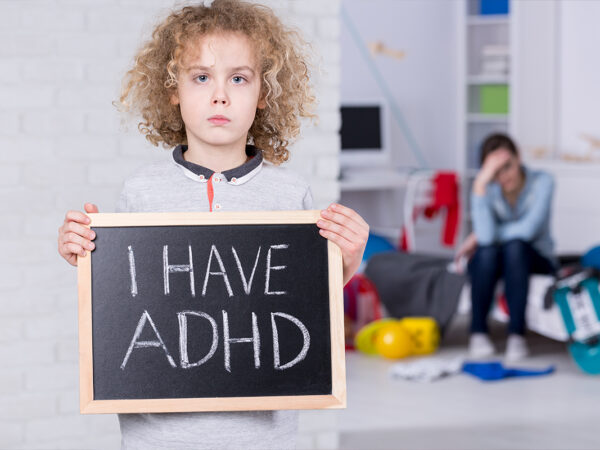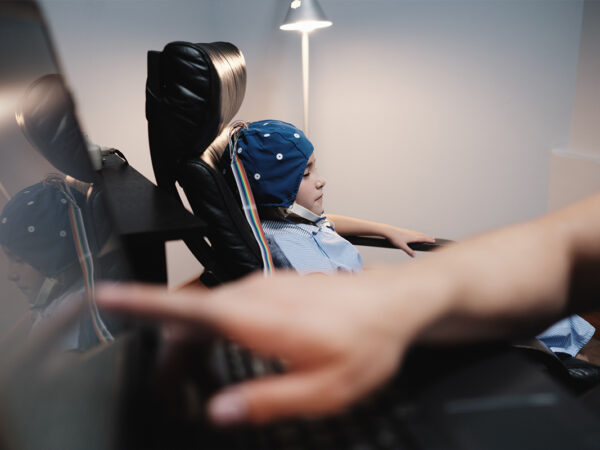Dysgraphia Learning Disorder
Symptoms of Dysgraphia:
- Illegible handwriting
- Inconsistent spacing between words and letters
- Poor spatial planning on paper
- Difficulty writing within margins
- Trouble with spelling, including frequent misspellings
- Difficulty putting thoughts into written words
- Slow writing speed
- Inability to visualize letter formation
- Problems with grammar and sentence structure
Diagnosis of Dysgraphia:
Treatment and Support for Dysgraphia:
- Individualized Education Plans (IEP): Customized educational plans that outline specific goals and strategies for supporting the student’s writing needs.
- Assistive Technology: Tools such as word processors, speech-to-text software, and specialized writing programs.
- Accommodations: Adjustments to the learning environment, such as allowing the use of a computer for writing assignments, providing extra time on tests, and using graphic organizers to help with planning and organizing written work.
- Executive Functioning Support: Strategies to improve organization, time management, and study skills, helping individuals with dysgraphia manage their academic workload more effectively. This includes planning the structure of written work, providing strategies to organize their thoughts and ideas, and offering techniques for reviewing and editing their written work.
INSIGHTS AND NEWS
Posts About Learning Disabilities
Signs Your Child Needs a Psychoeducational Assessment as a form of Learning Check-in
As parents, we're on a constant quest to support our children and ensure they...
How do Auditory or Visual Processing Disorders Impact Reading Development in Children?
For all children, the acquisition of reading skills plays a crucial role in...
Back-to-School Checklist — Why You Should Consider a Private Tutor
At Cognitive Solutions L.C., we understand the unique challenges that students...
The Impact of a Learning Specialist on a Student with Learning Disabilities
For students with learning disabilities or ADHD, navigating the education system...
IEP Testing With a Private Evaluator — Why Your Child May Benefit More From a Private Evaluation
As parents, we all want the best for our children. When it comes to their...
Getting Proper Support for Children in Special Education — Why is it Challenging?
Parents of children with special education needs face a unique set of challenges...
The Importance of IEP and 504 Plans in Special Education
Individualized Education Plans (IEPs) and 504 Plans are legal documents that are...
Private Clinic vs. Public School: What You Should Know About Psychoeducational Evaluations
Education is critical to the development and optimal health outcomes for...
What’s The Difference Between An IEP And A 504 Plan?
There is a bevy of resources available to students with behavioral and learning...
How Neurofeedback Treats Traumatic Brain Injury, Anxiety, Depression, And More
Imagine if you and your therapist could actually see what your mental illness...
What Makes a Good Psychological Evaluation?
There are many reasons why a person would need a psychological evaluation....
Chicago Dyslexia and Attention Deficit Hyperactivity Disorder
What is it Like to Have Both Dyslexia and Attention Deficit Hyperactivity...
Neurofeedback For Dyslexia
EEG Neurofeedback For Dyslexia Our previous blog discussed adult dyslexia, its...
Treating ADHD Without Medication
ADHD stands for Attention Deficit Hyperactivity Disorder. This disorder is common...
Reap the Benefits of Neurofeedback
FOR IMMEDIATE RELEASE (Chicago, Illinois, 17 January 2012) A Neurofeedback...


